10 November 2023
Freemasons New Zealand has continued its support of research into cutting-edge cancer therapy at the Malaghan Institute, pledging a further $200,000 a year for the next three years towards the institute’s CAR T-cell programme.

CAR T-cell Team Leader Dr Rachel Perret
The funding, which has surpassed $1.2million since the Freemasons first started supporting the research in 2018, has played an important role in bringing CAR T-cell therapy to New Zealand.
“The initial support was for two years and in 2020, this was extended for a further three years to 2023,” says Freemasons New Zealand Grand Master Pat Cooney. “Based on the research and clinical tests results over the past five years, Freemasons New Zealand is excited to be able to continue a further three years of support for the CAR T-cell programme as it enters the next phase in a multi-centre trial, which will hopefully ultimately lead to the development of a commercially viable option in the fight against cancer which affects so many New Zealanders whether directly or indirectly.
“Freemasons are keen to make a difference in New Zealand, and the continuing involvement with the Malaghan Institute in its CAR T-cell programme fits seamlessly within our desire to bring improvements to the communities in which we live, work, and serve as Freemasons.”
Malaghan Institute Director Professor Graham Le Gros says the renewed support from the Freemasons is hugely beneficial, not just for the clinical programme, but for wider CAR T research and development as a whole.
“I would like to acknowledge and thank Freemasons New Zealand for enabling this life-giving CAR-T cell therapy to become a reality here in New Zealand. In addition to the funding, the confidence and fearless can-do mentality their support has given our research teams have been an important part of getting this essential cancer therapy established here in New Zealand for all New Zealanders who need it.”
Related articles
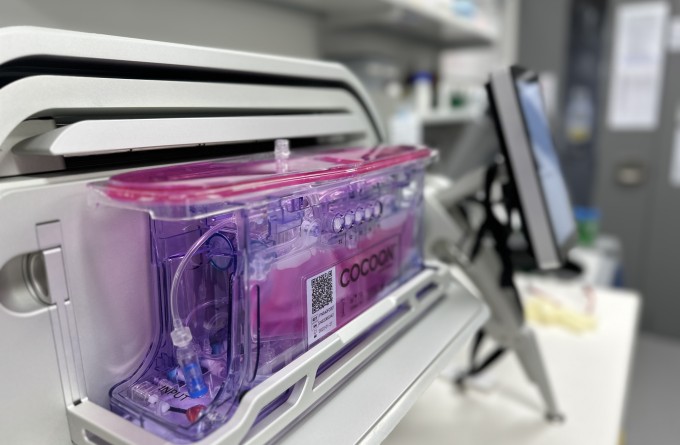
Significant milestone reached in first NZ CAR T-cell trial as preparations made for larger phase 2 registration trial
25 March 2024
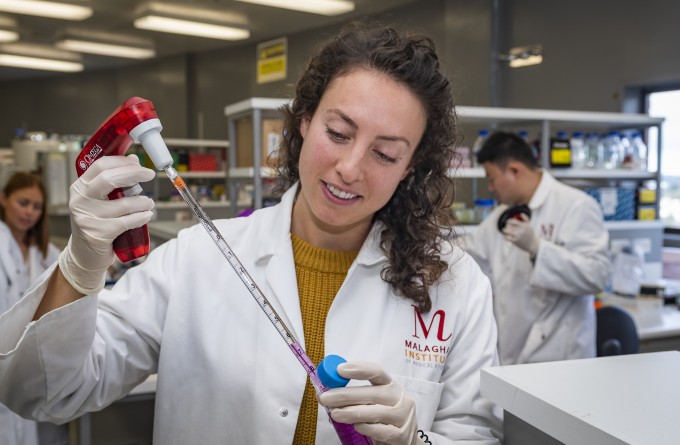
Location, location, location: study finds where MAIT cells live may determine their role in allergic disease
12 February 2024
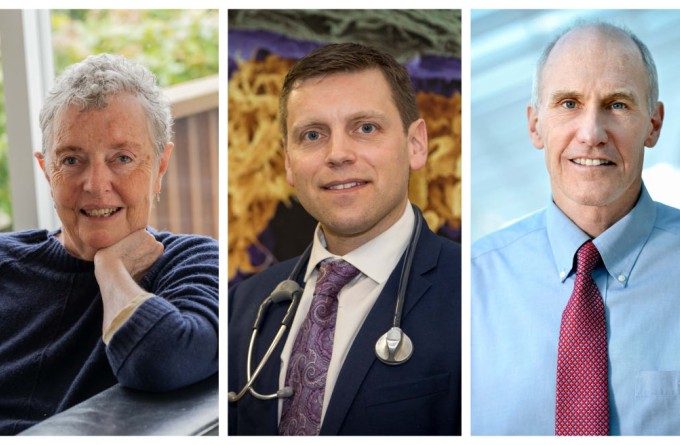
RNZ: Engineering immune cells to kill cancer
5 November 2023
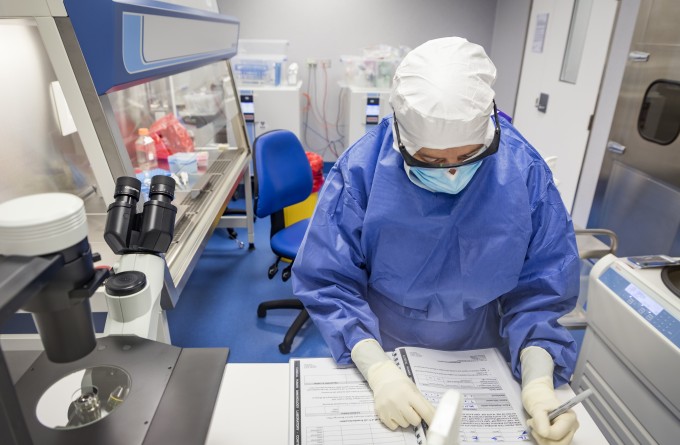
Trial results offer hope to Kiwis with incurable blood cancer
3 November 2023
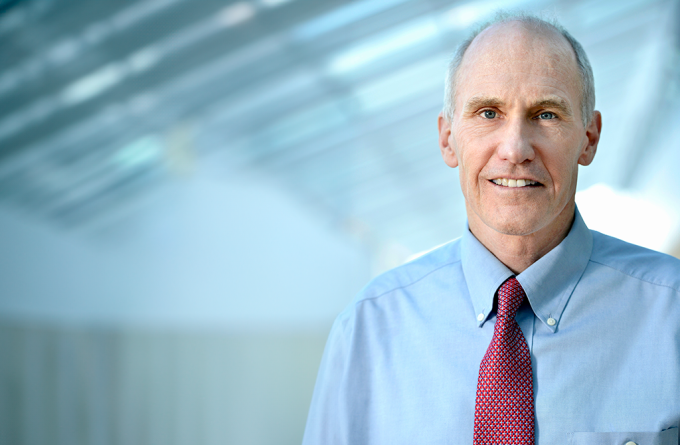
BioOra appoints CAR T-cell therapy pioneer, Professor Carl June to Board
31 October 2023
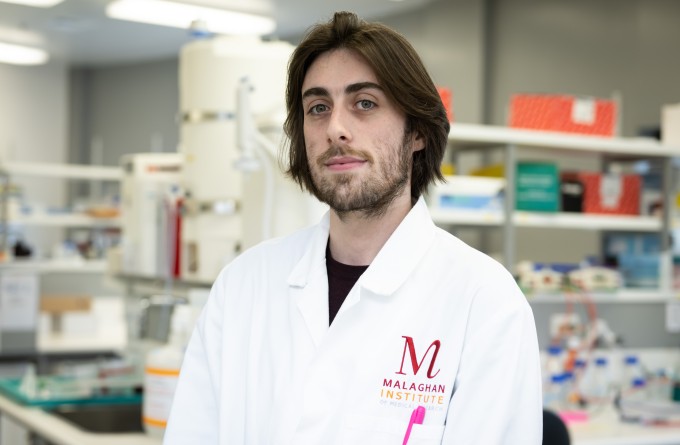
In Focus: Mastering the technology behind automated CAR T-cell manufacture
14 September 2023
